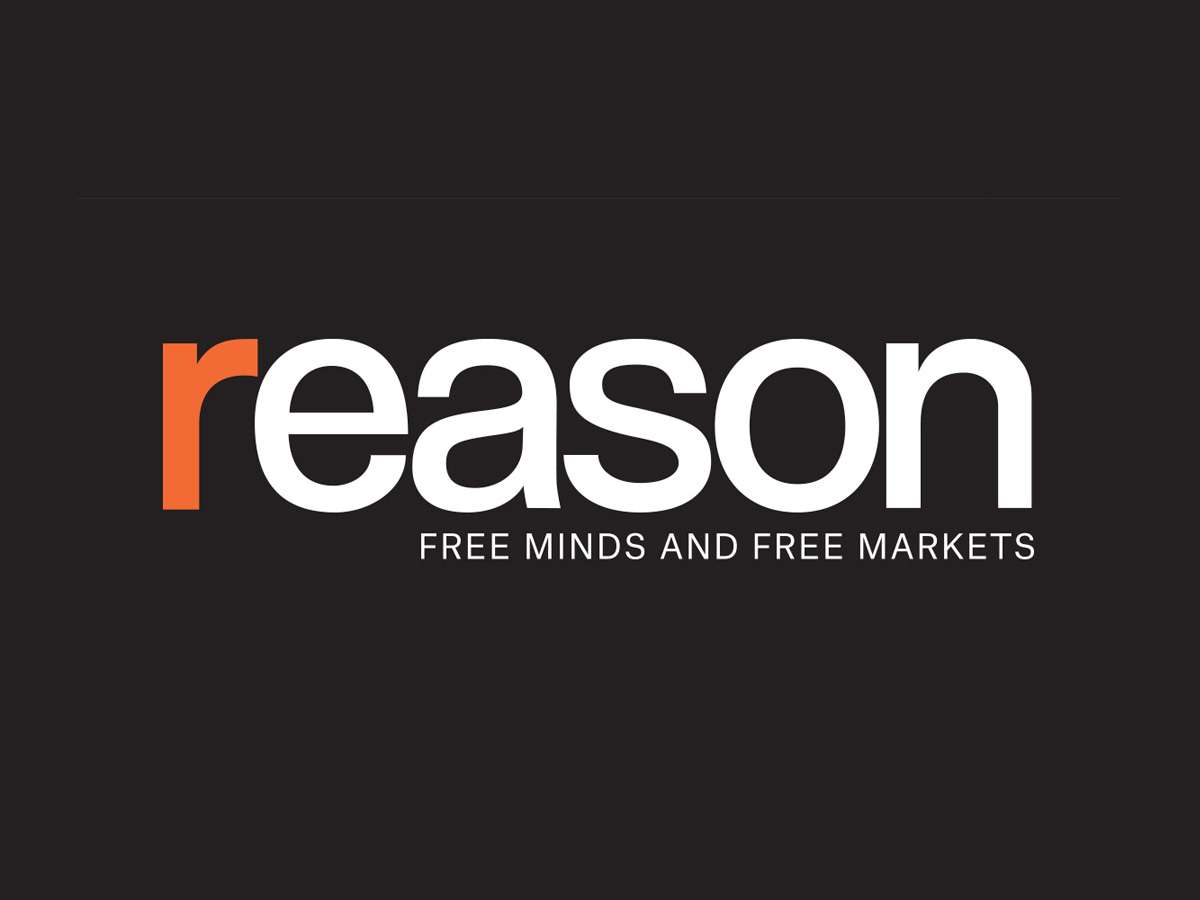"Well, because you're an animal,"
All of you trained seal parrot the empathy lie.
But that's not what the facts say:
View attachment 548714
1."'Tis the season for giving—and it turns out that conservatives and like-minded welfare skeptics more than hold their own when it comes to charity. So says Arthur C. Brooks in his new book Who Really Cares?: The Surprising Truth About Compassionate Conservatism.
2. Arthur Brooks, a public policy professor at Syracuse University, sums up his own results thusly: Giving is dictated by "strong families, church attendance, earned income (as opposed to state-subsidized income), and the belief that individuals, not government, offer the best solution to social ills--all of these factors determine how likely one is to give."
3. ...those who say they strongly oppose redistribution by government to remedy income inequality give over 10 times more to charity than those who strongly support government intervention, with a difference of $1,627 annually versus $140 to all causes.
4. Brooks finds that households with a conservative at the helm gave an average of 30 percent more money to charity in 2000 than liberal households (a difference of $1,600 to $1,227). The difference isn't explained by income differential—in fact, liberal households make about 6 percent more per year.
5. Poor, rich, and middle class conservatives all gave more than their liberal counterparts. ... "People who do not value freedom and opportunity simply don't value individual solutions to social problems very much. It creates a culture of not giving."
6. In 2004, self-described liberals younger than thirty belonged to one-third fewer organizations in their communities than young conservatives. In 2002, they were 12 percent less likely to give money to charities, and one-third less likely to give blood." Liberals, he says, give less than conservatives because of religion, attitudes about government, structure of families, and earned income.
7. ...young liberals are less likely do nice things for their nearest and dearest, too. Compared with young conservatives, "a lower percentage said they would prefer to suffer than let a loved one suffer, that they are not happy unless the loved one is happy, or that they would sacrifice their own wishes for those they love."
8. "Tangible evidence suggests that charitable giving makes people prosperous, healthy, and happy. And that on its own is a huge argument to protect institutions of giving in this country, as individuals, in communities, and as a nation. We simply do best, as a nation, when people are free and they freely give."
"There's something incredibly satisfying, inherently, about voluntary giving,"...
Is the right more generous than the left?

reason.com
